October
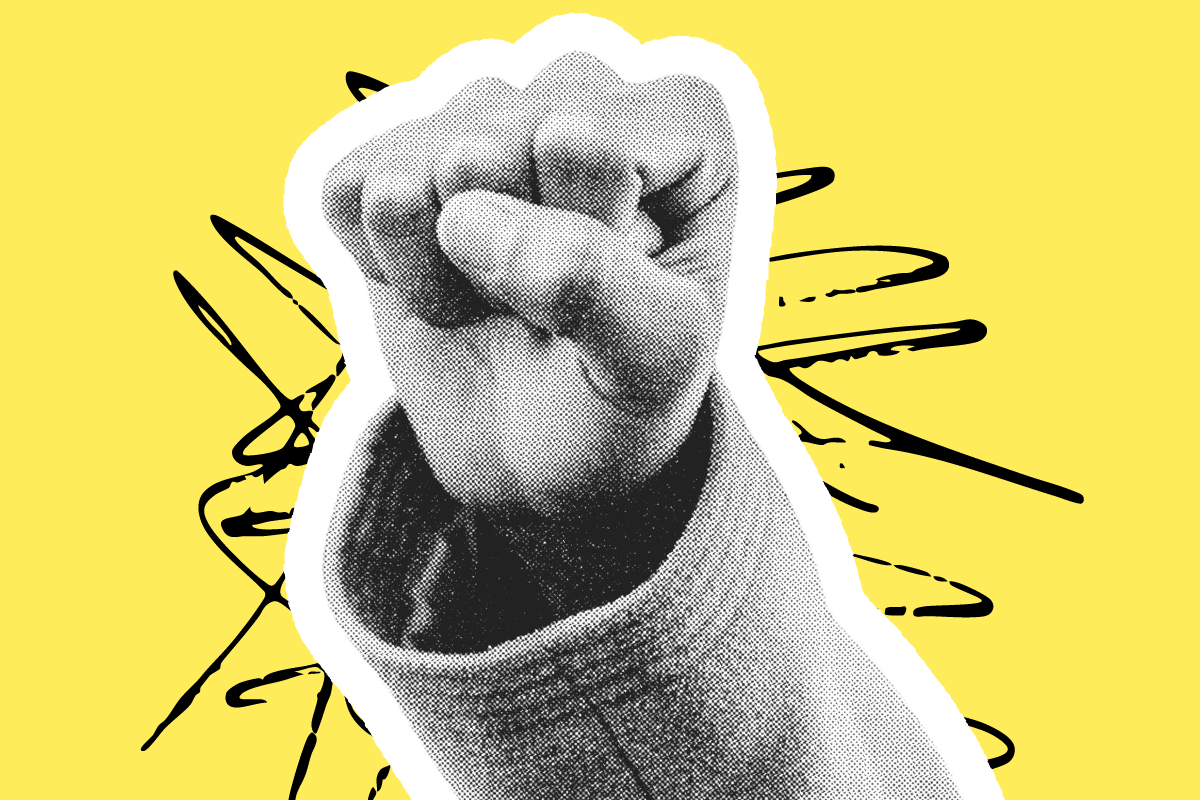
EU: New Handbook offers guide to privacy and data protection for immigration and asylum practitioners
Statewatch is publishing a handbook that explains how data protection law can be used to seek remedies and redress for people in the EU’s immigration and asylum systems. Aimed at lawyers, case workers, volunteers and others working on immigration and asylum cases, it offers an overview of key digital technologies, and privacy and data protection concepts and cases.

US attacks on the international rule of law: will the EU do anything?
Last week, the Slovenian government called on EU justice ministers to “protect the international rule of law and justice system,” which is facing US sanctions due to attempts to bring Israel officials to justice for crimes committed in Gaza. The discussion has now apparently been taken from the EU Justice and Home Affairs Council to “other Council formations.” Whether any practical steps will follow remains to be seen.
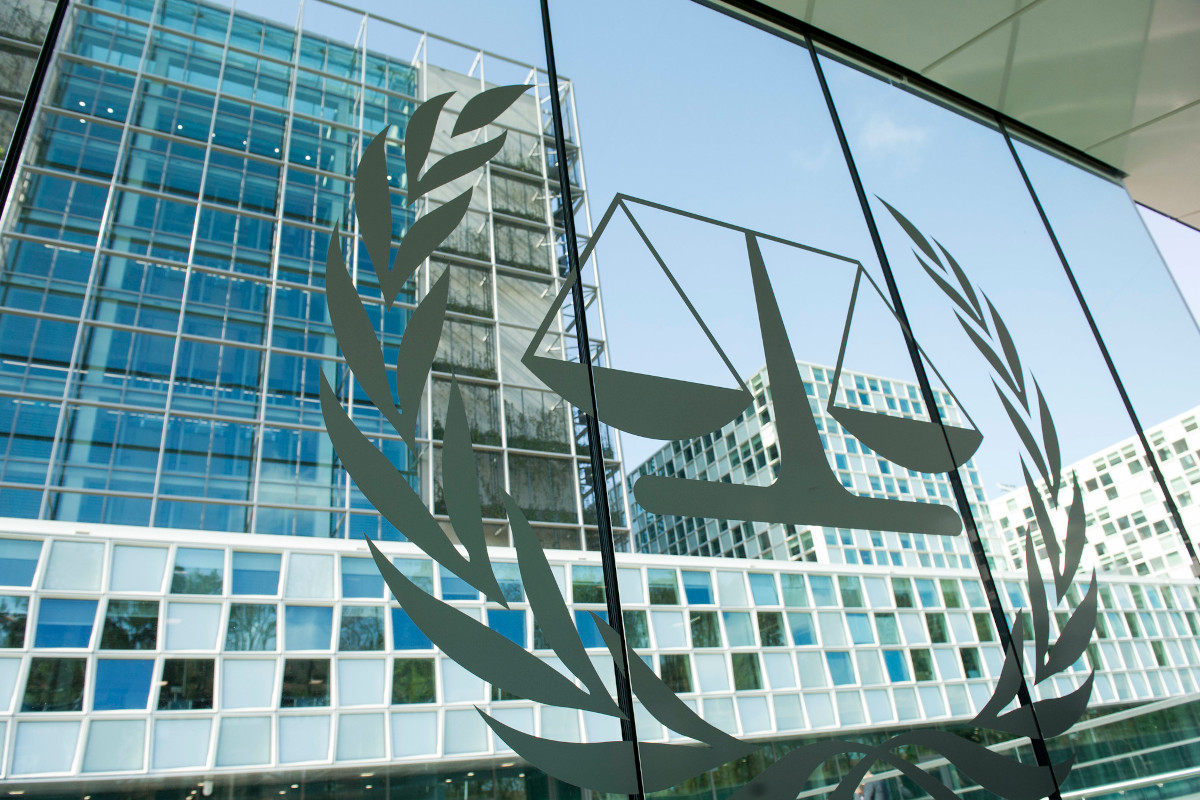
US sanctions against Palestinian groups must be immediately withdrawn, say 80 organisations
United States sanctions against three Palestinian human rights organisations have been condemned by 80 organisations, including Statewatch. The US government has frozen the financial assets of Al-Haq, Al-Mezan Center for Human Rights, and the Palestinian Centre for Human Rights. Organisations subject to US jurisdiction are prevented from engaging in transactions with them. The open letter calls on the US government to "immediately rescind the sanctions."

EU wants more transparency in implementation of new global cybercrime convention
The UN Convention on Cybercrime was adopted on 24 December 2024. Signatory states must introduce a range of criminal offences related to cybercrime, as well as powers for the prevention, detection, investigation and prosecution of those offences. Rules of procedure will set out mechanisms for oversight and monitoring of the Convention, but a draft set of rules has been criticised by civil society groups for their “weak procedures”. An EU paper calls for improvements.
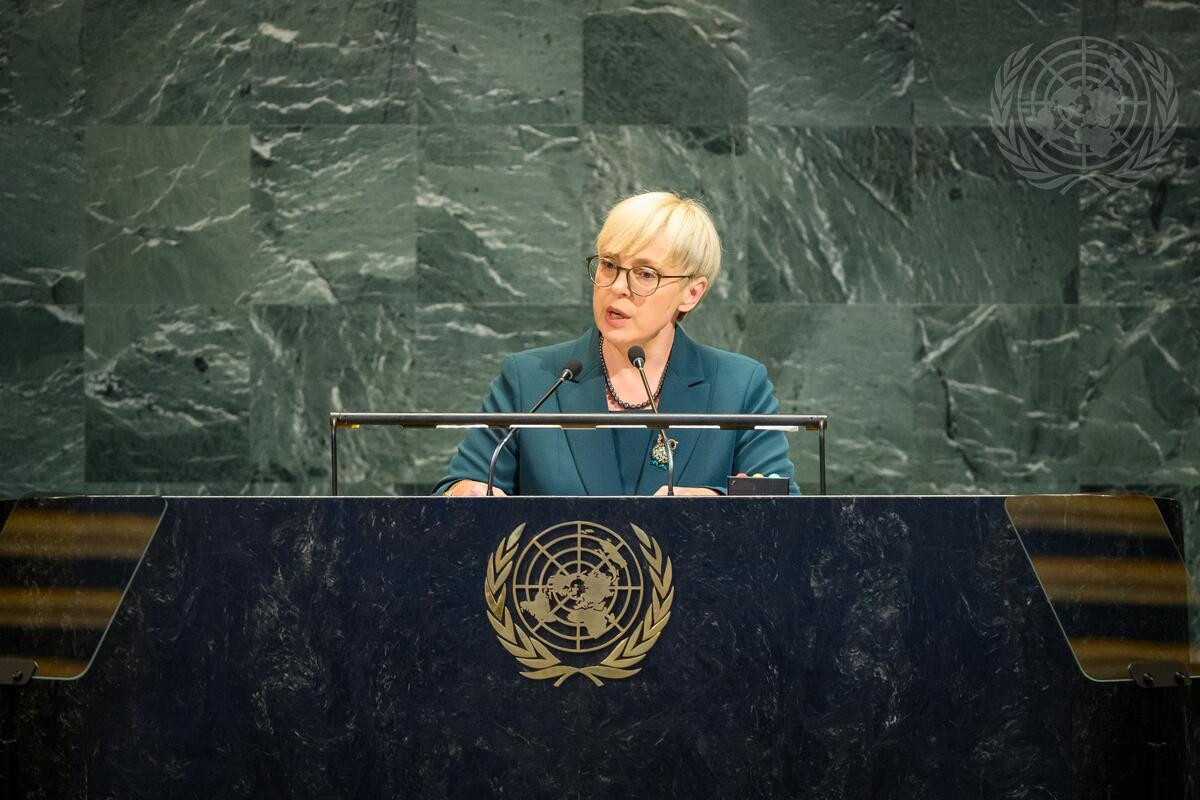
Slovenia demands EU reponse to US attacks on judicial indepencence and the rule of law
The Slovenian government wants EU justice and interior ministers to discuss "how to protect the international rule of law and justice system" in the face of "continued targeting of international judicial and human rights mandate holders by U.S. sanctions." A document obtained by Statewatch requests a discussion at the Justice and Home Affairs Council meeting next week.
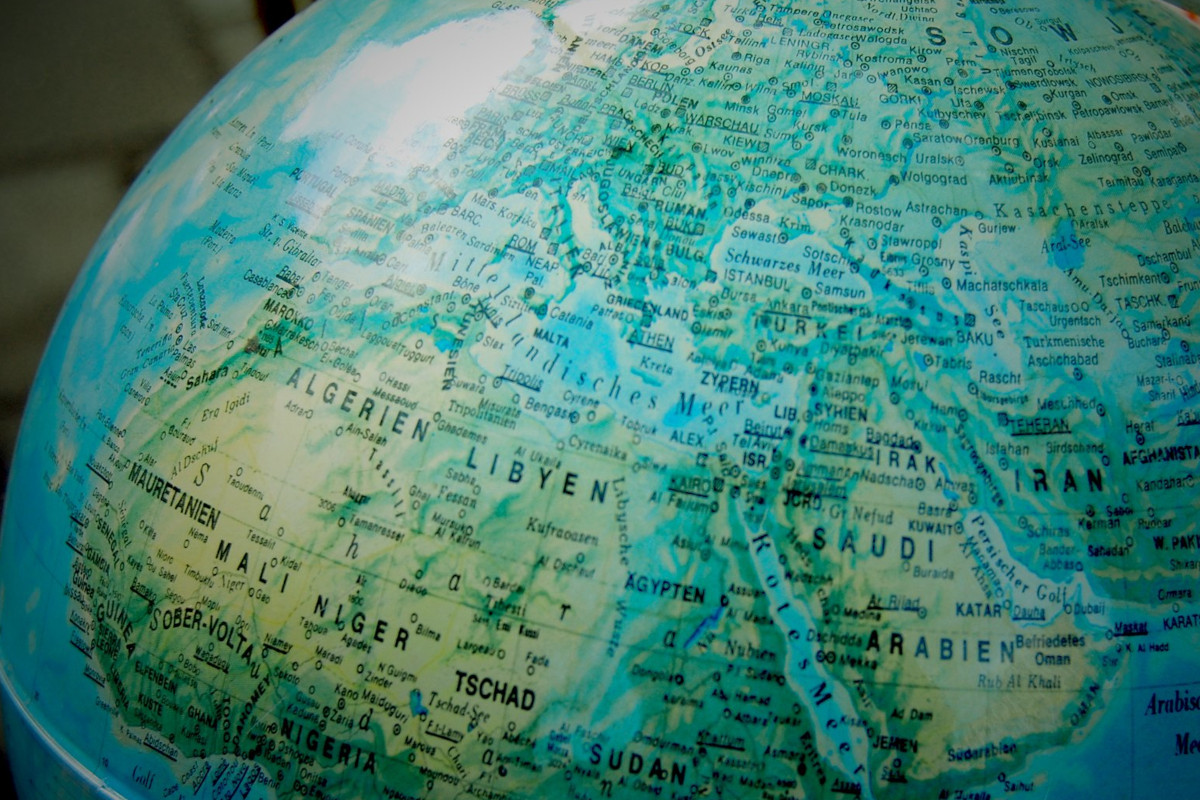
Border externalisation: Documents reveal ongoing efforts to outsource immigration control
The latest issue of our bulletin on EU border externalisation policies includes: updates and documents on the Atlantic, Mediterranean and Balkan 'routes'; priorities for Ethiopia and Somalia; member state comments on the "safe third country" and "safe country of origin" proposals; and much more.
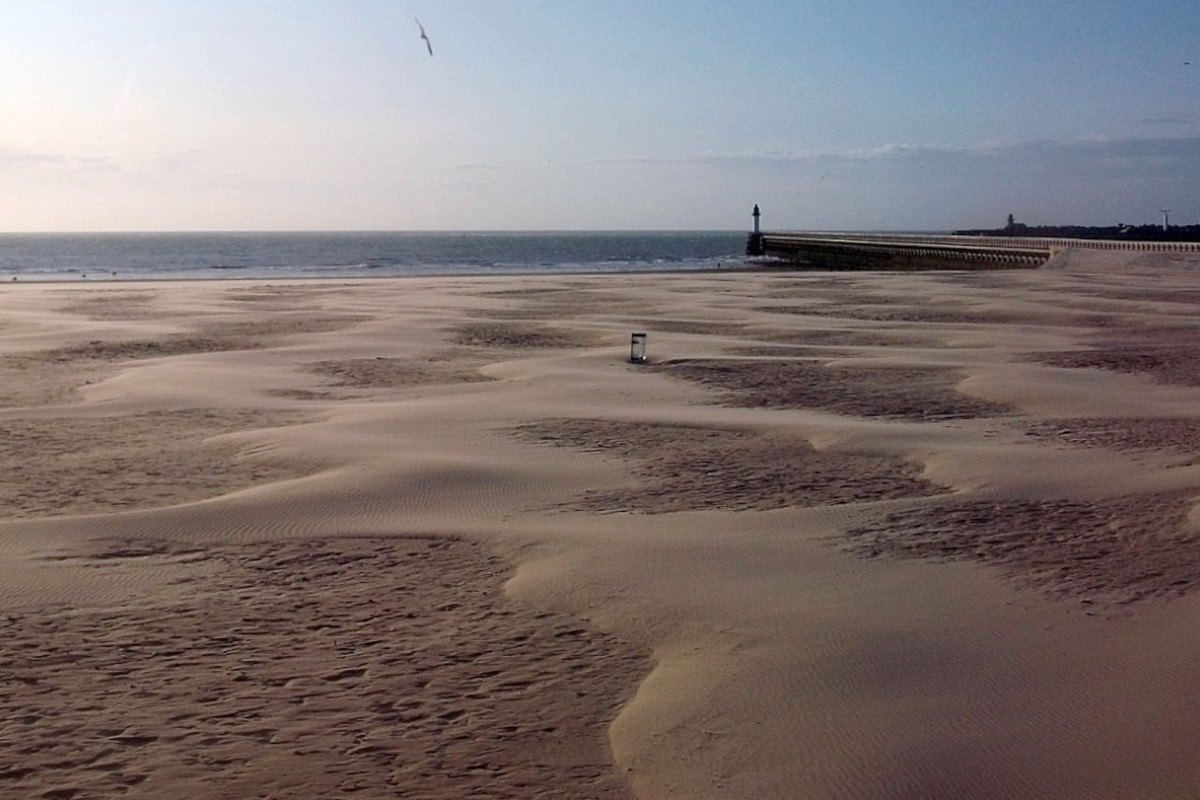
Franco-British "one in, one out" deal condemned as absurd and dangerous
British and French organisations, including Statewatch, have denounced the "one in, one out" deal between the French and British governments. The deal is ostensibly aimed at limiting unauthorised migration across the Channel/La Manche. The statement, published in Le Monde, highlights the dangerous consequences for migrants' rights.
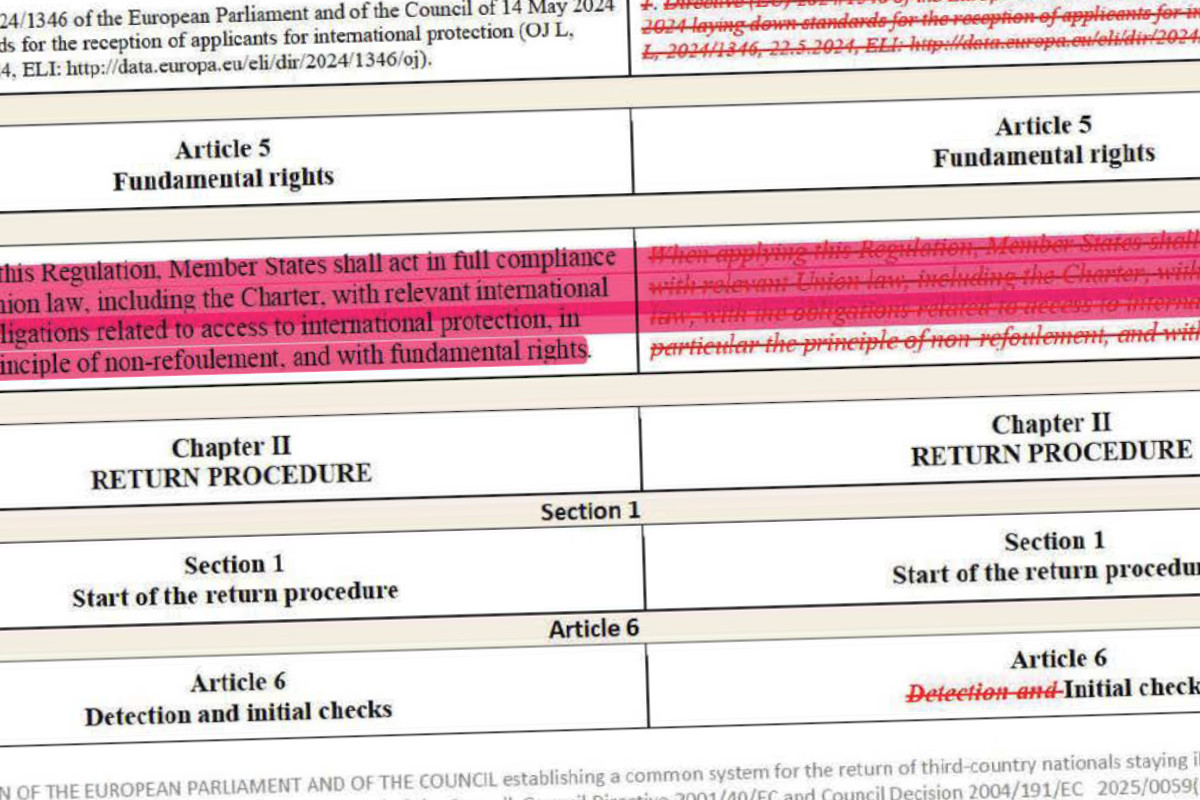
EU deportation proposals: the member states sink to new depths
A new compromise text for the upcoming deportation Regulation was recently circulated by the Danish presidency of the Council of the EU. Alongside two other legal proposals currently under discussion, the deportation Regulation forms the legal basis for the EU’s plan to increase deportations, in particular by forging new ‘Euro-Rwanda’ deportation schemes. The latest text makes even more cuts to safeguards and protections.
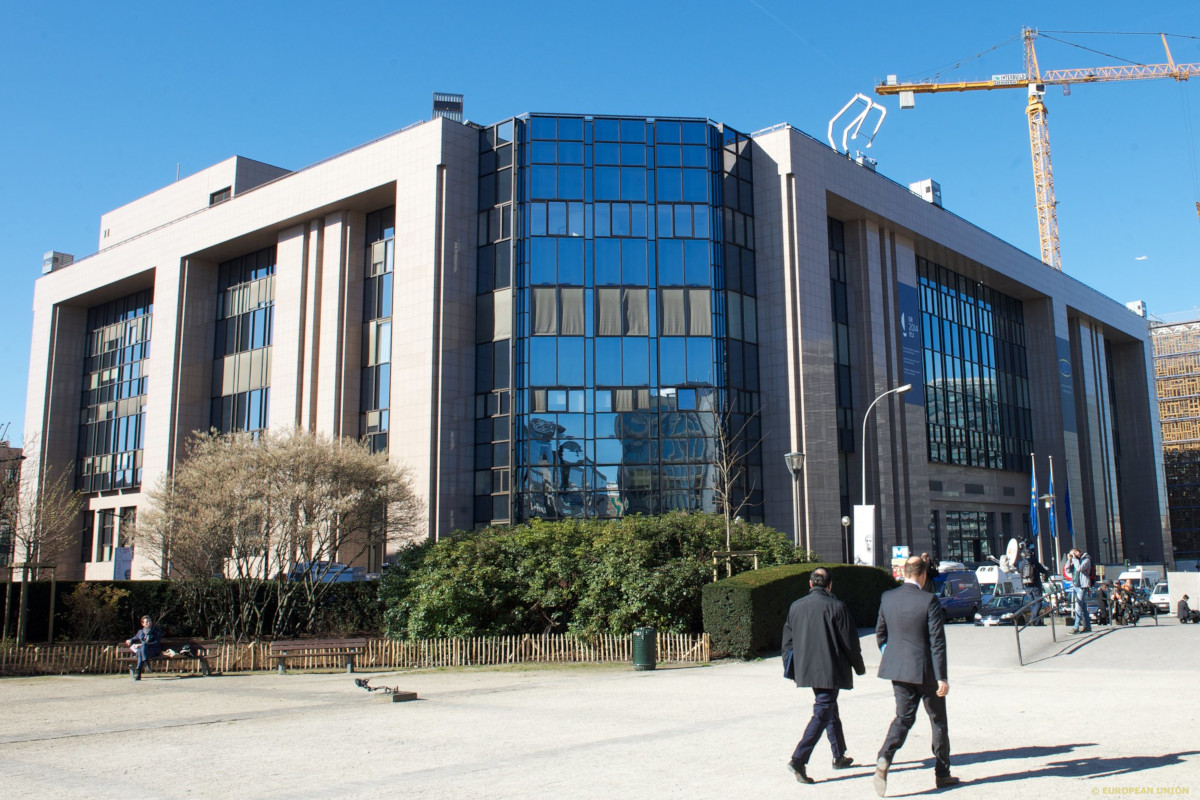
EU Council seeks swifter deportations with even lower standards on “safe” countries
Discussions are ongoing in the Council of the EU on proposals to establish an EU list of “safe countries of origin” to which people can be deported, and to revise the principle of the “safe third country.” The Danish presidency of the Council, taking into account delegations’ comments, presented proposed new versions of the texts at the beginning of September.
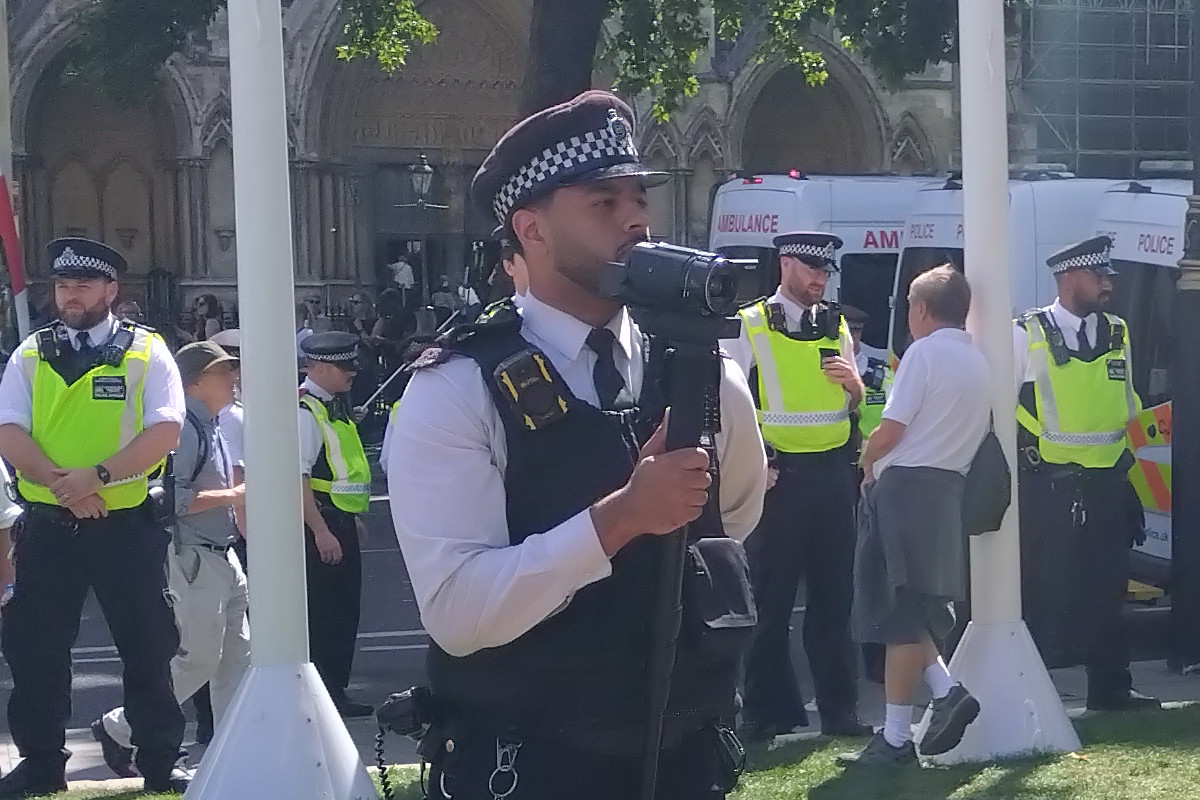
UK: Police footage of protests can be held for decades
Police in London and across the UK regularly film protests, with multiple officers often deployed to do so. A response to a recent freedom of information request says that footage of “a public order event without targeted individuals” can be held “for a period of up to 6 years.” However, if it contains “intelligence” it can potentially be held for decades.
Spotted an error? If you've spotted a problem with this page, just click once to let us know.